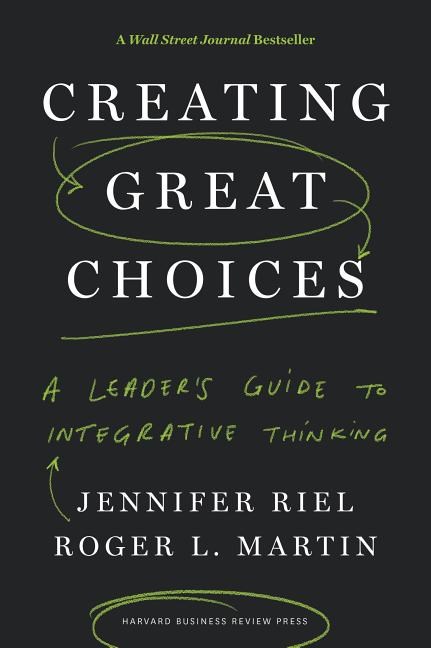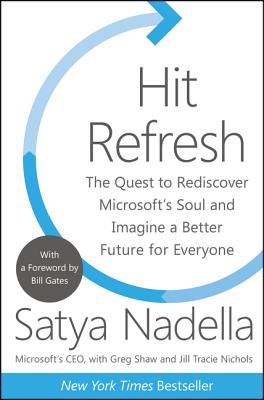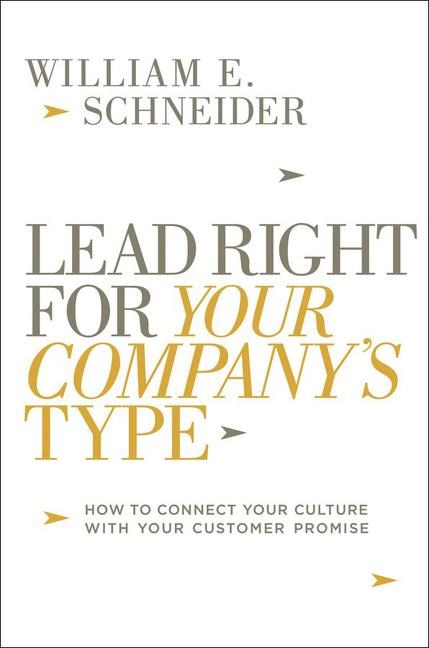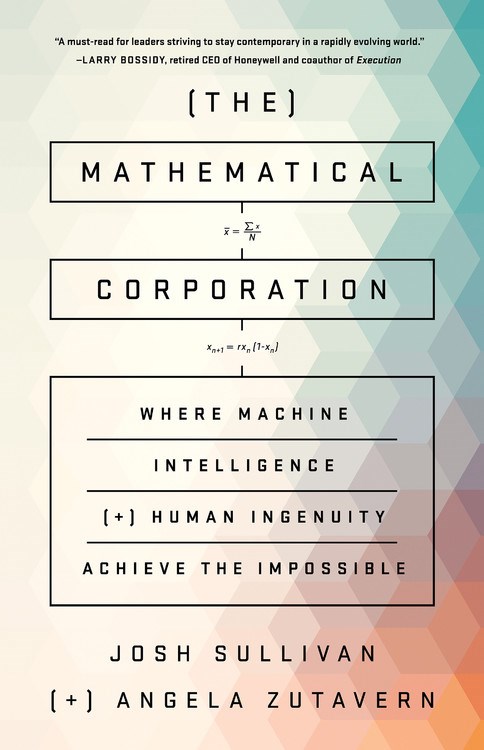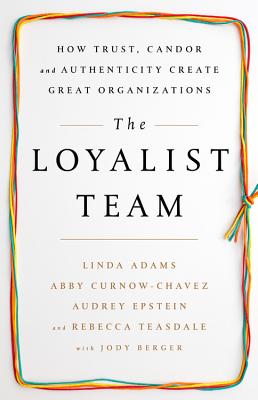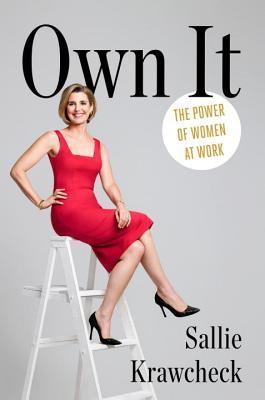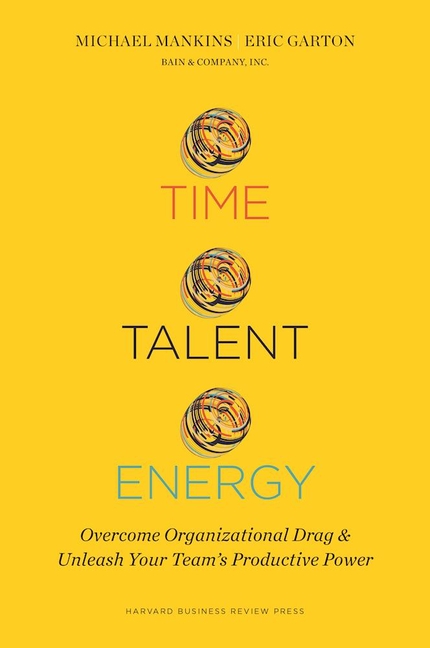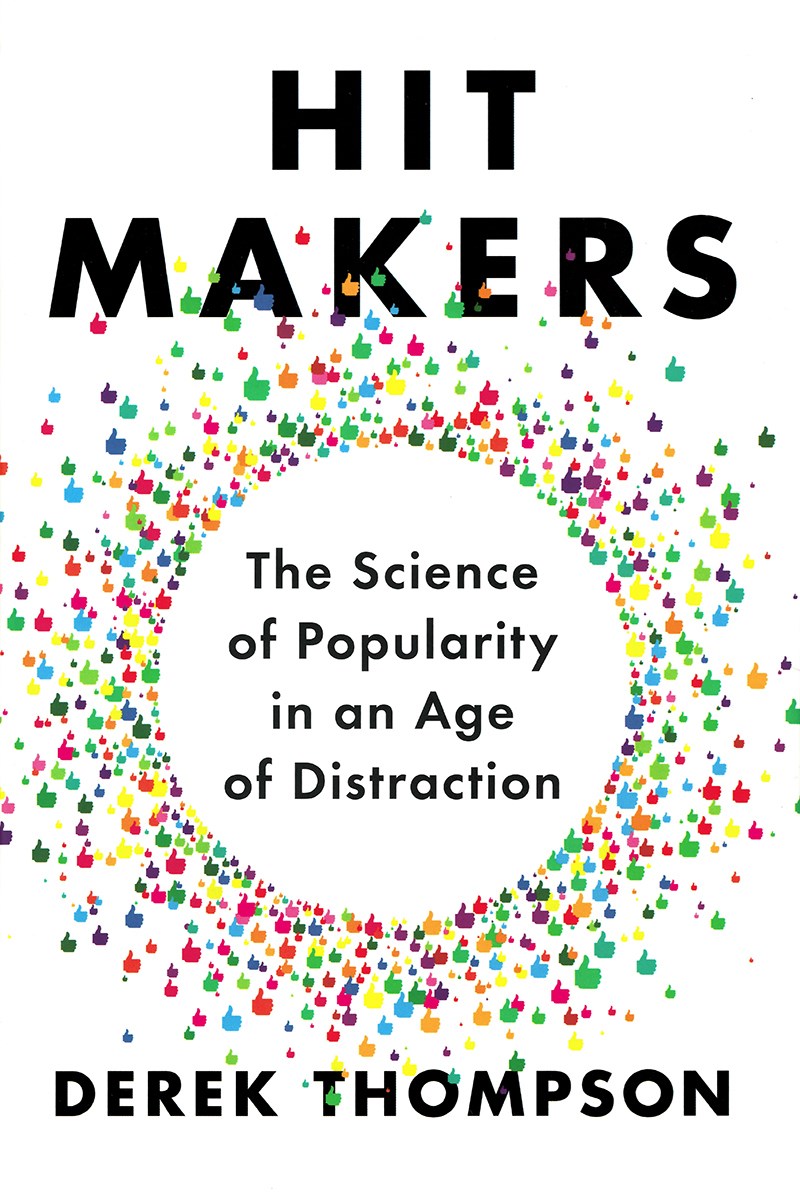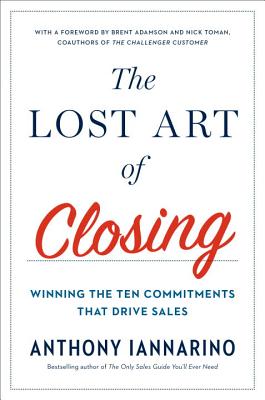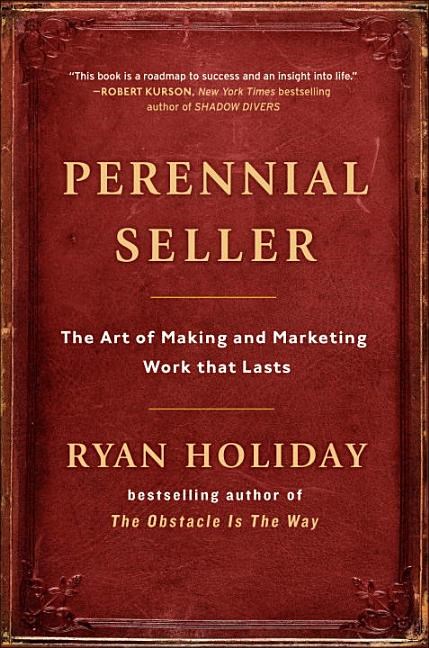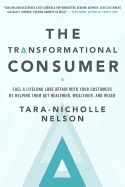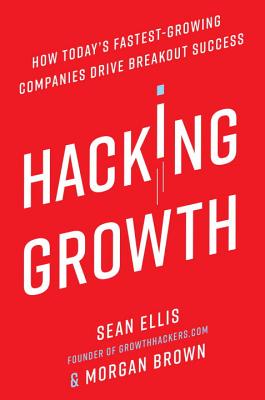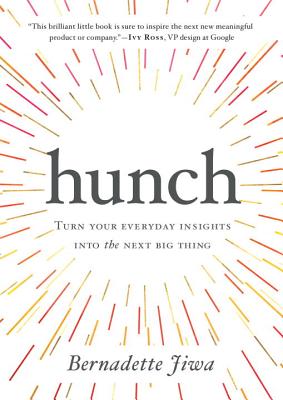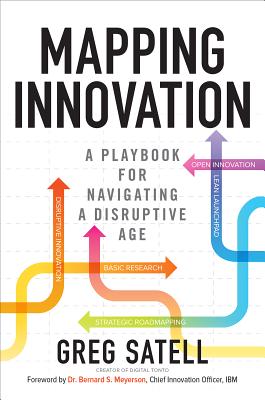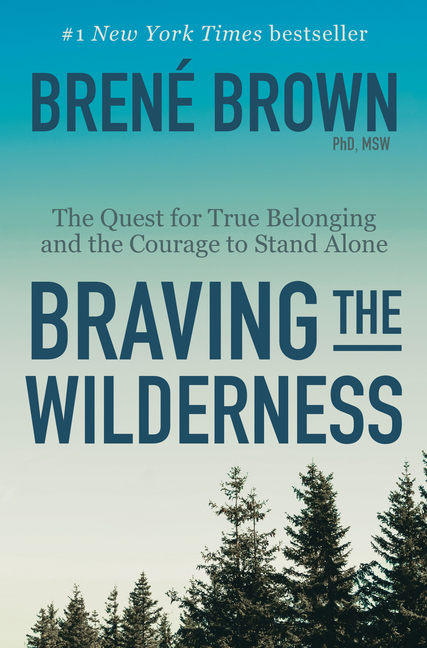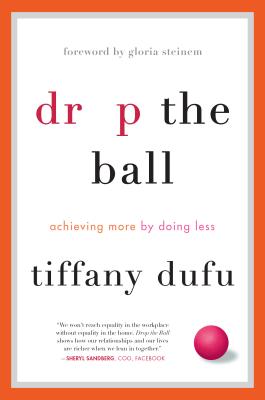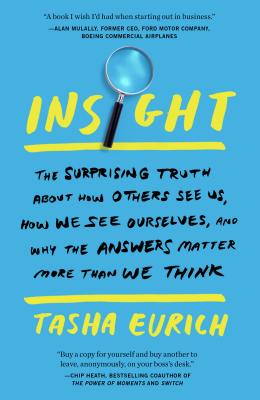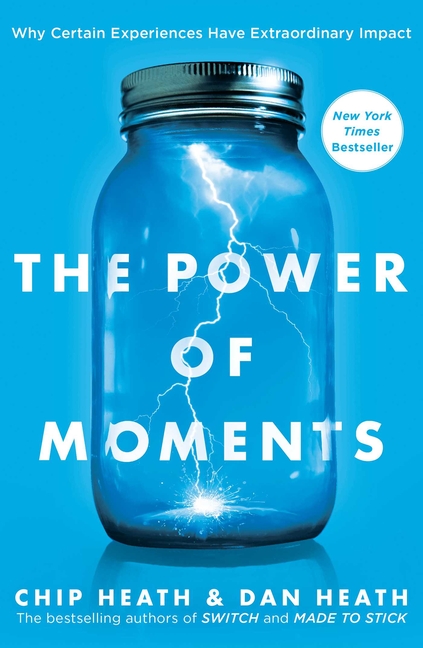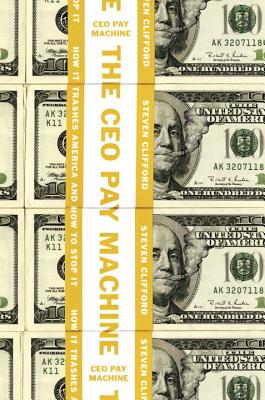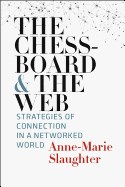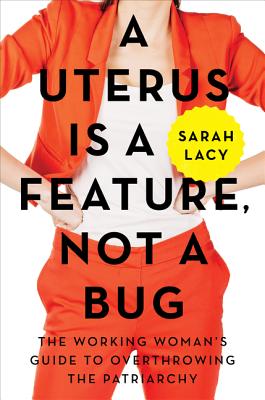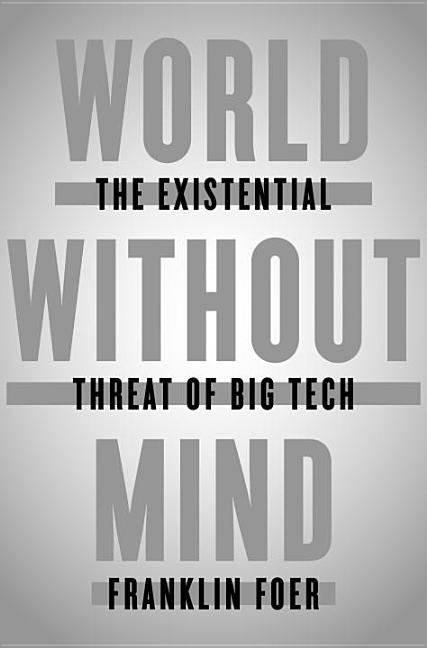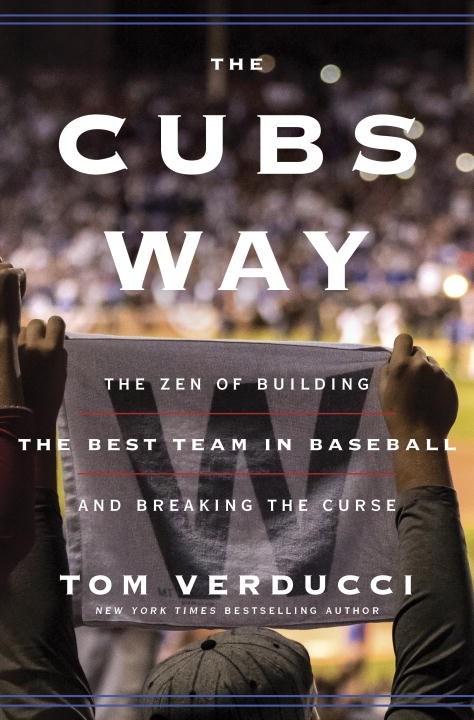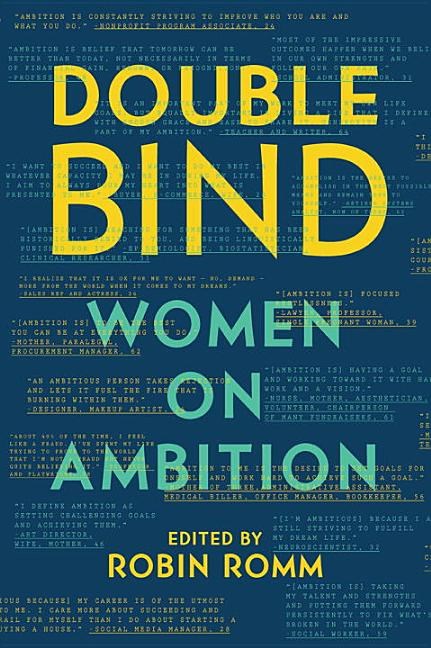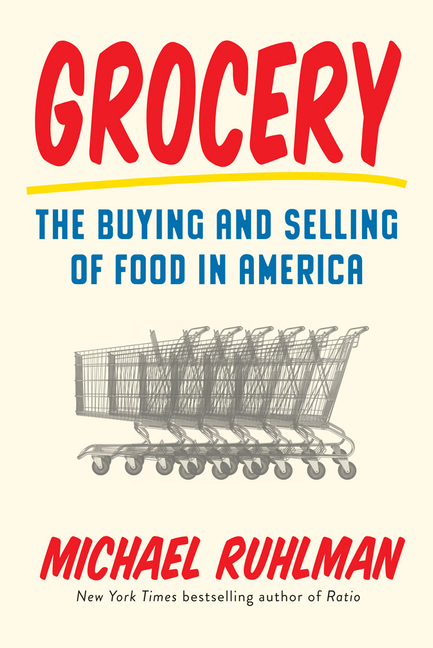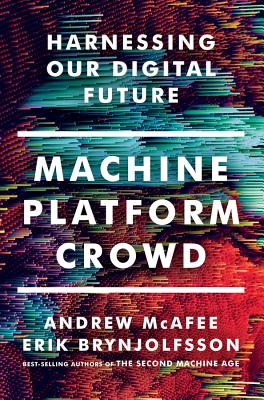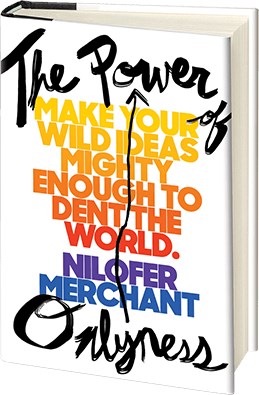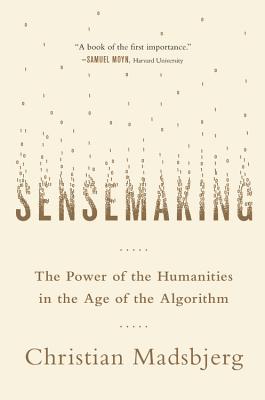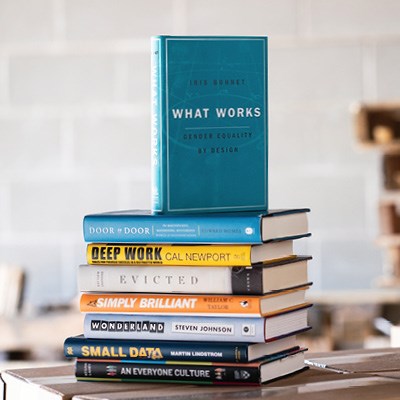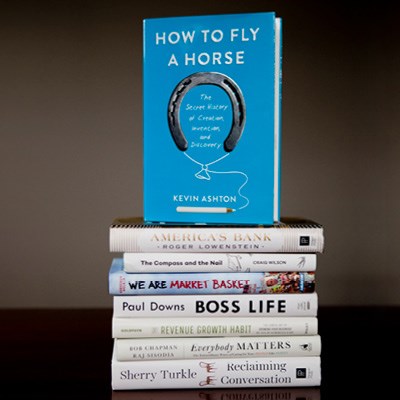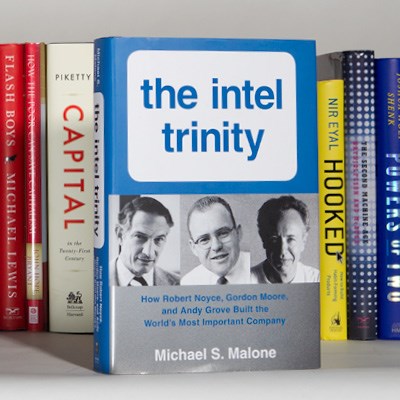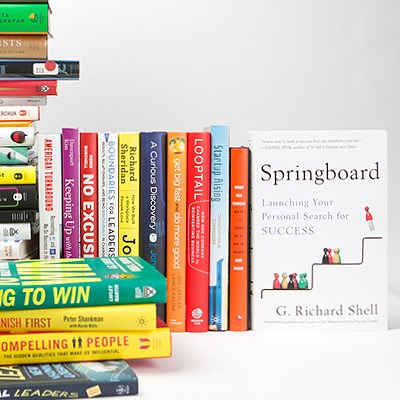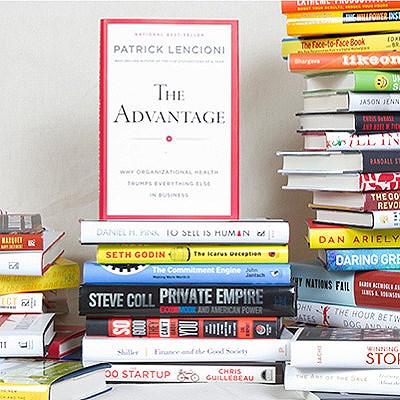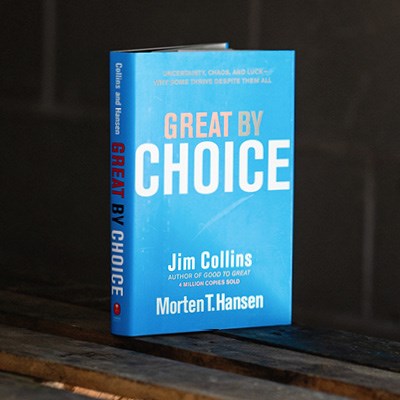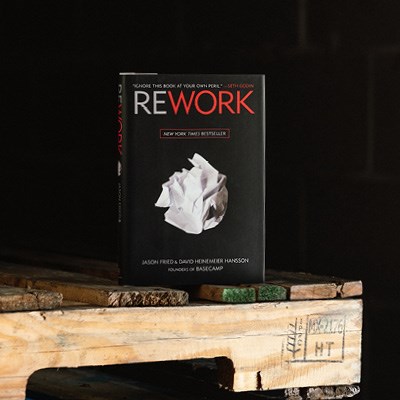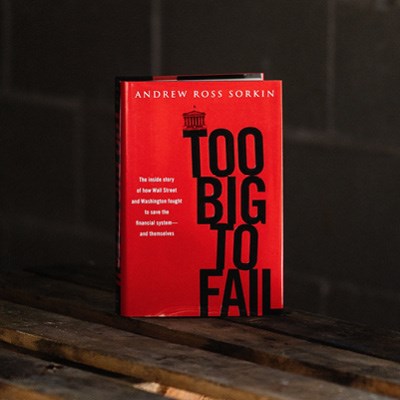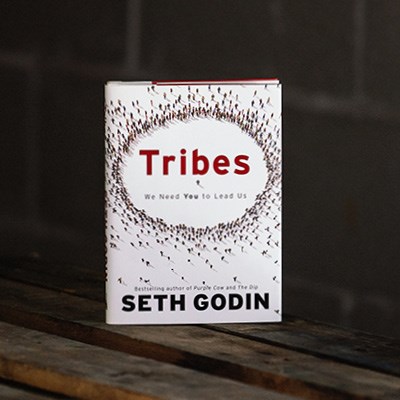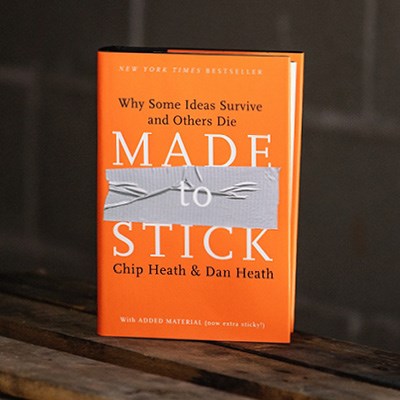The 2017 Business Book Awards
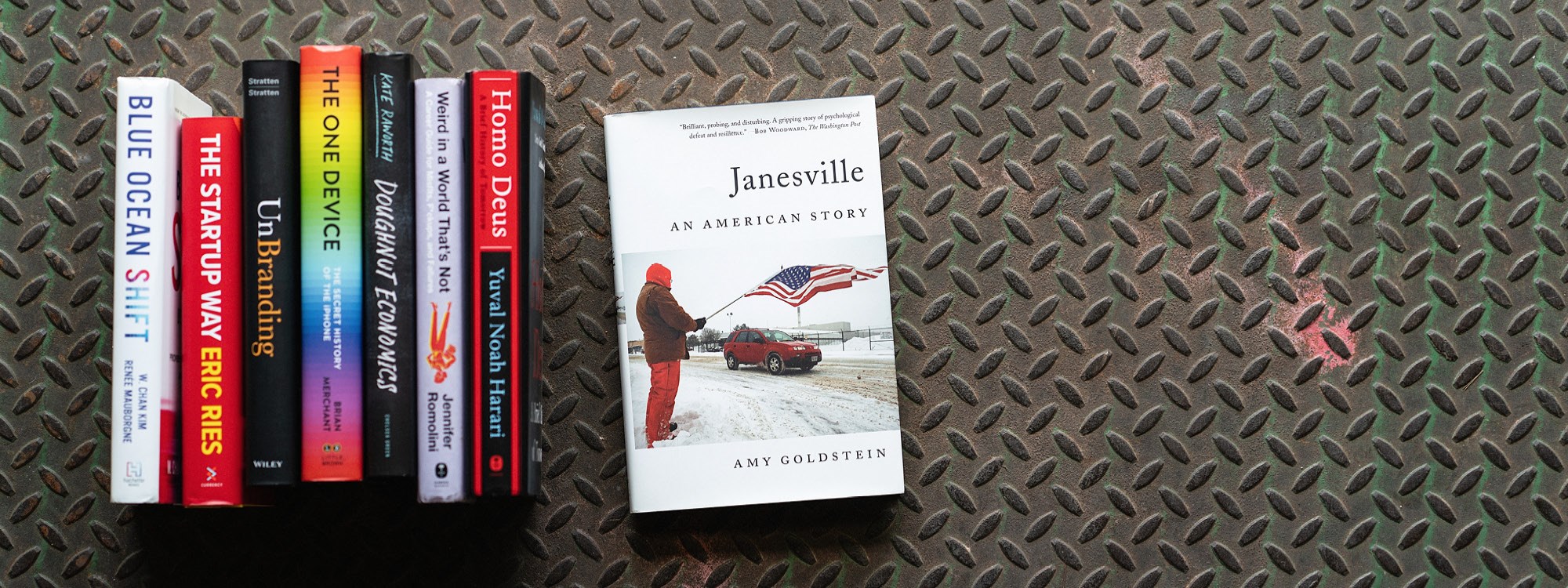
Business Book of the Year
Janesville: An American Story by Amy Goldstein | Simon & Schuster
Janesville presents the very human toll of what we too often characterize as “just business.” It’s about a mid-sized town in the Midwest, a multinational corporation trying to cut costs, and what happens to the soul of the community they cut ties with in the process. Janesville represents the real lives and decisions, hardships and triumphs of working people. It is imminently accessible, like watching a two-hour documentary on PBS. It is a story of economics lived, in real life. It’s about people up and down the economic spectrum, about idealism and stubbornness and desperation and bravery. It is also about the majority of working people, people who most business books barely nod at, and then only as people to manage, those who work on the shop floor, whose “side hustle” isn’t a side hustle but a way to buy groceries.
It is the people who work in industries that have been “disrupted” by technology or “outsourced” in the process of globalization. To tell that story, Amy Goldstein turned her veteran Washington Post reporter’s eye away from the coasts toward the middle of America and immersed herself in a community that’s been literally left behind by a big business. It is, in so many ways that which most business books are not: the real story of this American moment, of those targeted by the 45th president in the last election cycle, those who reside in the hometown of the Speaker of the House of Representatives. It is the story a community close to our hearts here in Wisconsin (less than 70 miles as the crow flies from our office), and a story that deserves to be heard by everyone.
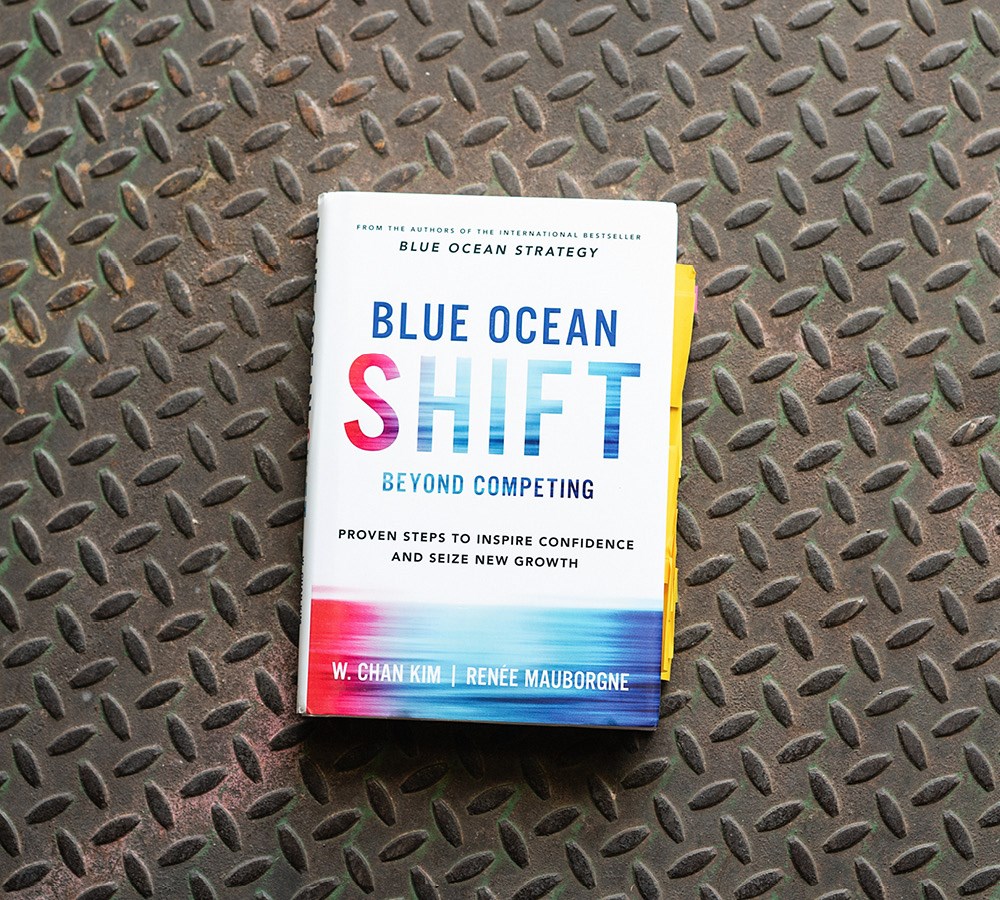
Category Winner
Leadership & Strategy
Blue Ocean Shift: Beyond Competing - Proven Steps to Inspire Confidence and Seize New Growth by W. Chan Kim and Renée Mauborgne | Hachette Books
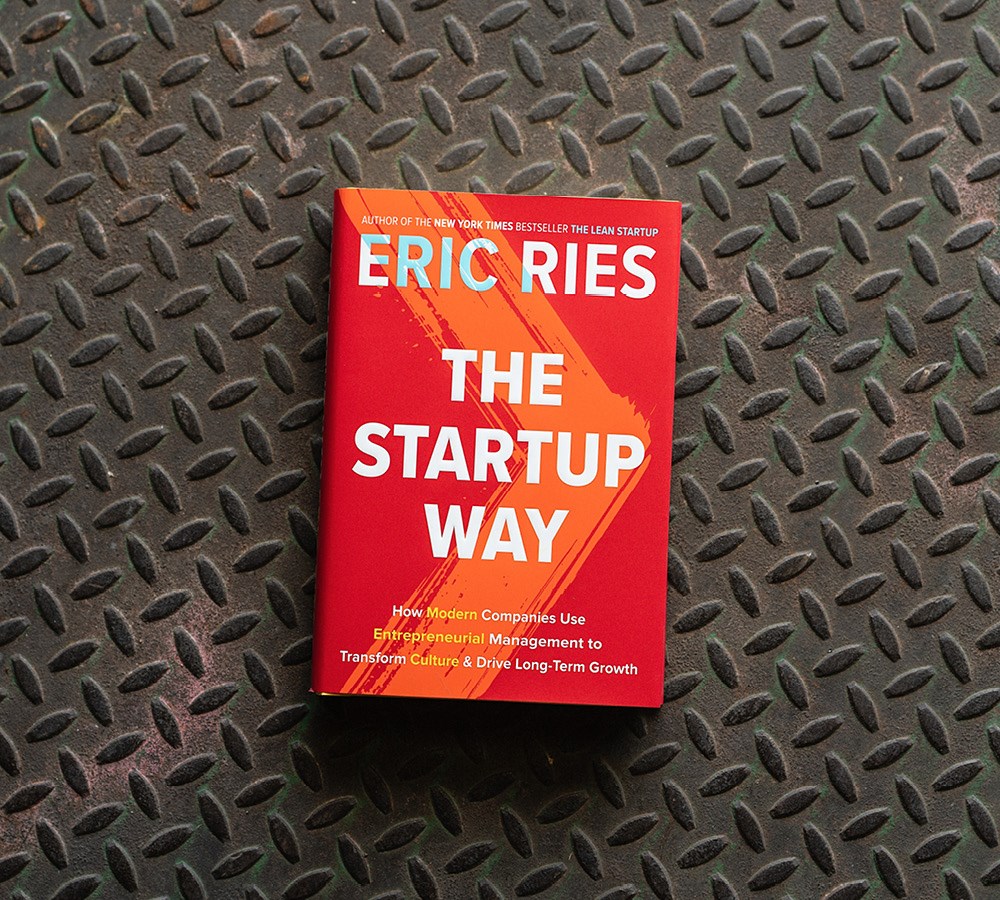
Category Winner
Management & Workplace Culture
The Startup Way: How Modern Companies Use Entrepreneurial Management to Transform Culture and Drive Long-Term Growth by Eric Ries | Currency
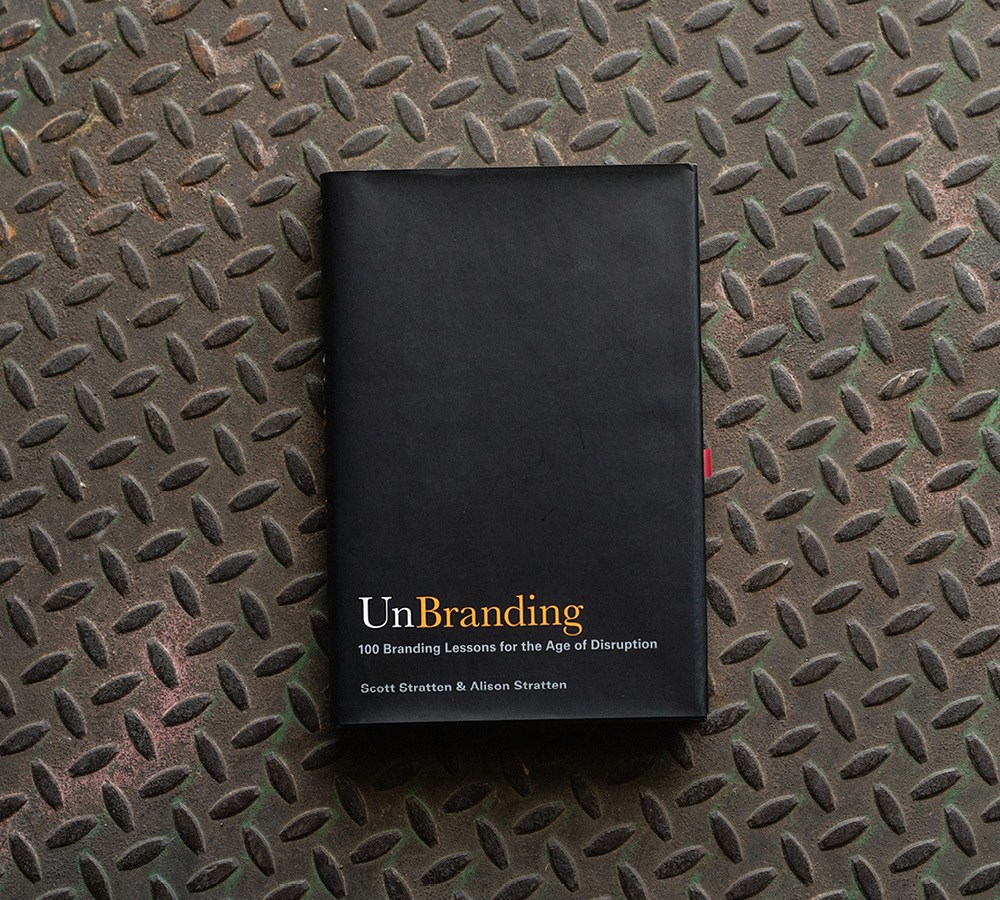
Category Winner
Marketing & Sales
UnBranding: 100 Branding Lessons for the Age of Disruption by Scott Stratten & Alison Stratten | Wiley
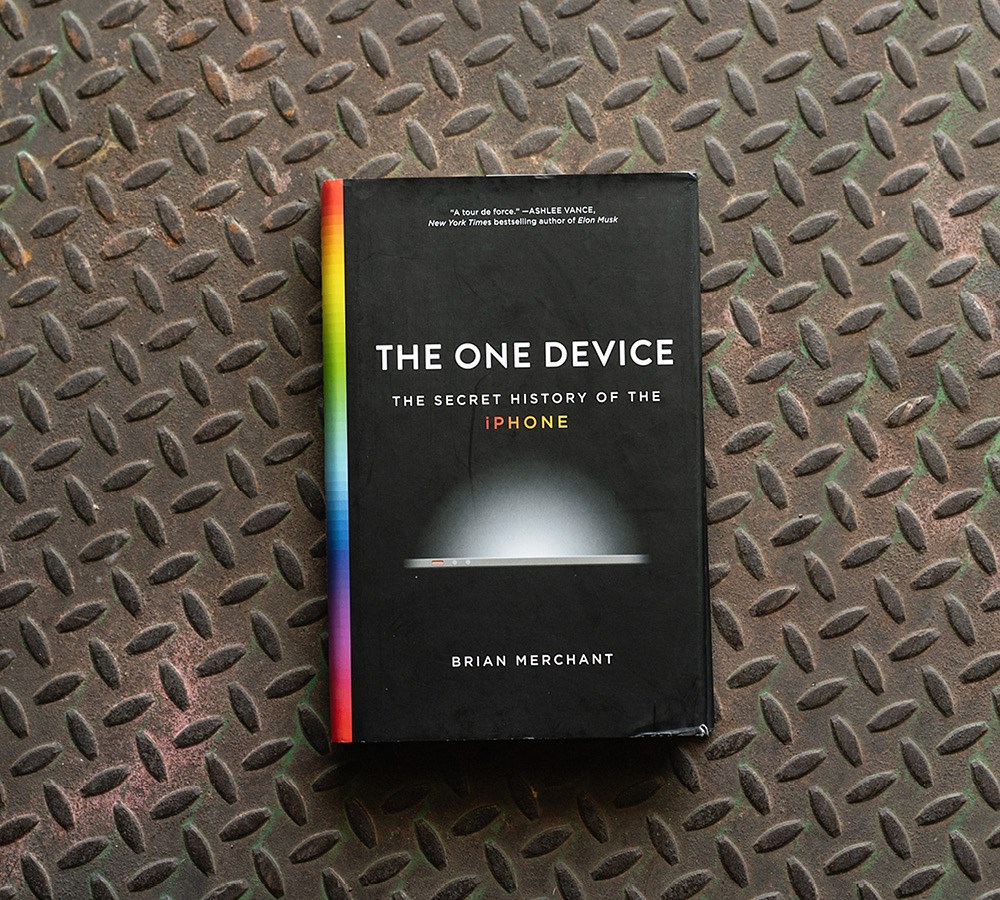
Category Winner
Innovation & Creativity
The One Device: The Secret History of the iPhone by Brian Merchant | Little, Brown and Company
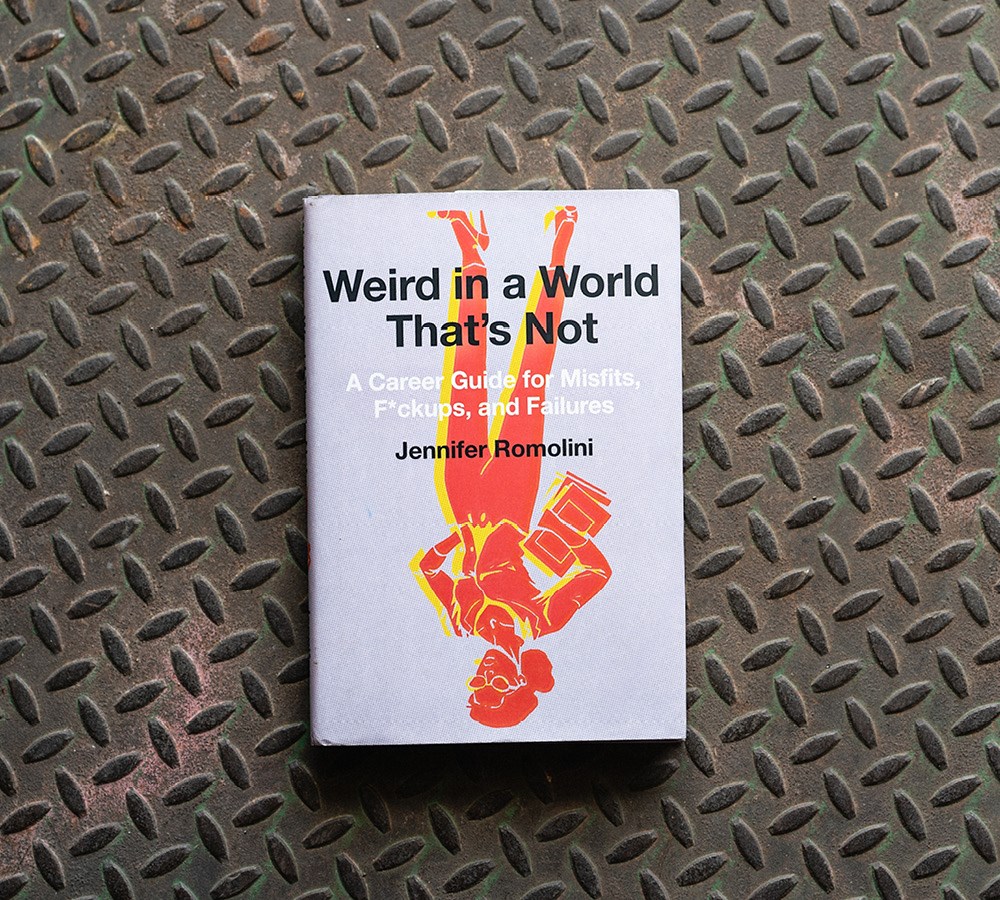
Category Winner
Personal Development & Human Behavior
Weird in a World That's Not: A Career Guide for Misfits, F*ckups, and Failures by Jennifer Romolini | Harper Business
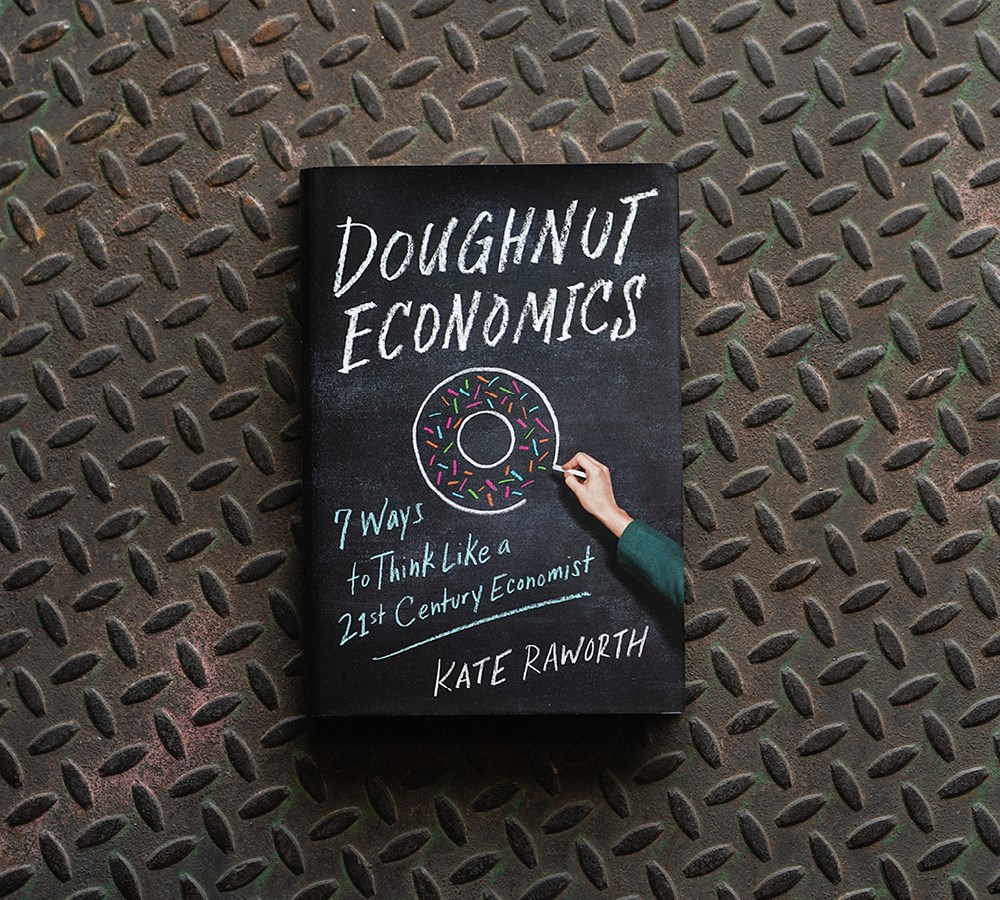
Category Winner
Current Events
Doughnut Economics: Seven Ways to Think Like a 21st-Century Economist by Kate Raworth | Chelsea Green Publishing

Category Winner
Narrative & Biography
Janesville: An American Story by Amy Goldstein | Simon & Schuster
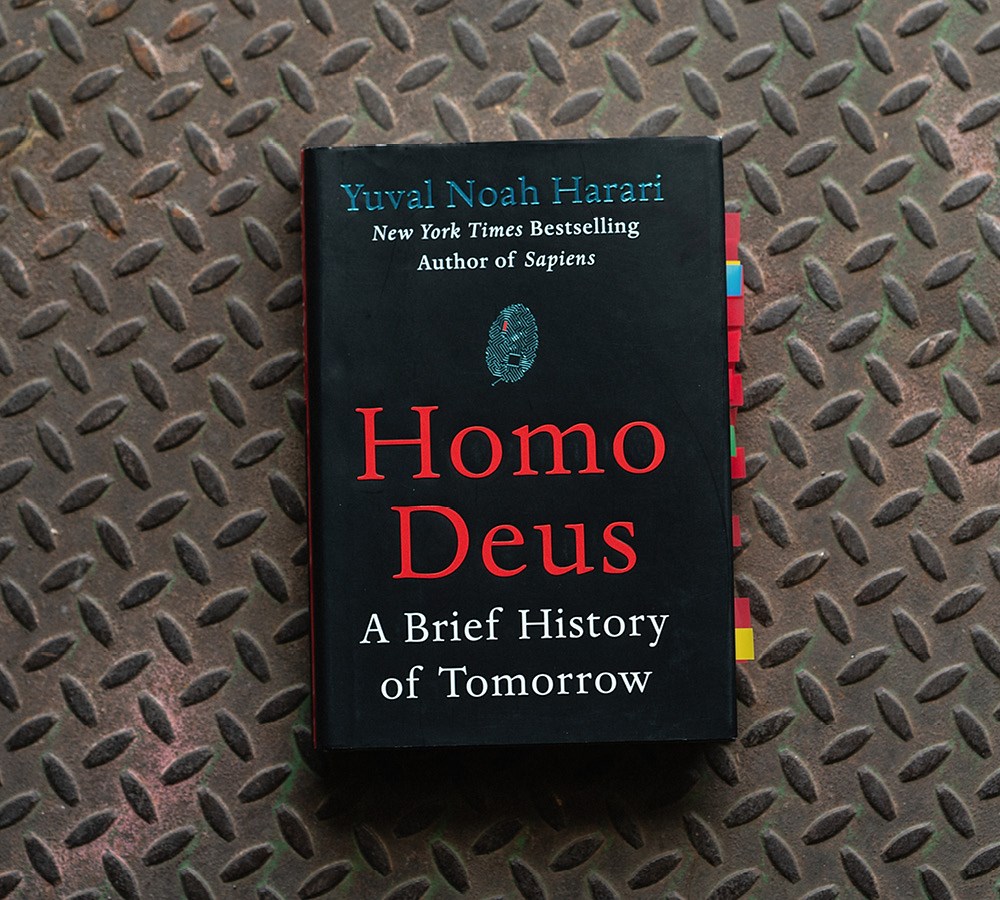
Category Winner


